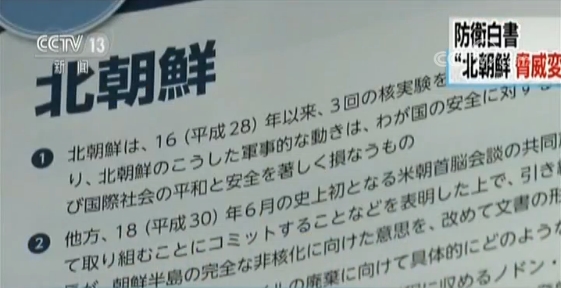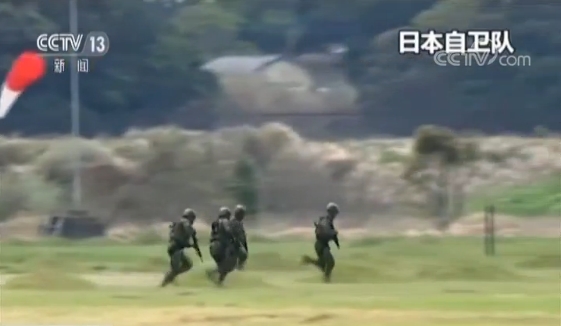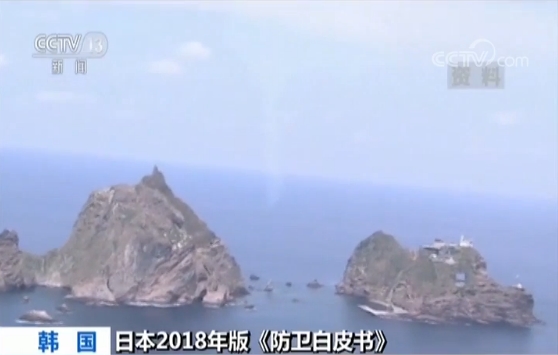CCTV News:The Japanese cabinet meeting adopted the 2018 edition of the White Paper on Defense on the 28th. The white paper continues to render the so-called "increasingly severe security environment around Japan", saying that it is necessary to enhance security capabilities in all aspects.

This "White Paper on Defense" still trumpets that the nuclear and missile threats from North Korea can’t be ignored, which is considered as an unprecedented major and urgent threat. The white paper also pointed out that Japan’s understanding of the threat from North Korea has not changed after the meeting between the DPRK and the US leaders in June, and it is necessary to introduce "land-based Aegis anti-missile equipment".
The analysis believes that the Japanese government’s further rendering of surrounding threats in the 2018 edition of the white paper is intended to pave the way for rewriting the Outline of the Defense Plan. Japanese media said that according to the plan, Abe’s government will rewrite the Outline of the Defense Plan by the end of this year to strengthen Japan’s defense capabilities in southwest defense, anti-missile system, information, space and other fields.

Korean Central News Agency of North Korea also commented on the Japanese defense minister’s public statement that "the evaluation of North Korea has not changed" and it is indispensable to strengthen the role of "self-defense forces". The commentary said that Japan is "desperately blocking the peaceful airflow surging on the Korean Peninsula" and is an "anti-peace act" in an attempt to worsen the regional situation.

Counting the 2018 edition, Japan’s "White Paper on Defense" has advocated for 14 consecutive years that Japan and South Korea’s disputed islands called "Bamboo Island" and "Dokdo" are Japan’s inherent territory — — This aroused the dissatisfaction of South Korea.
A spokesman for the Ministry of Foreign Affairs of the Republic of Korea said in a statement on the 28th that the ROK "strongly protests against Japan’s White Paper on Defense ‘ Dokdo ’ Repeatedly put forward absurd territorial claims, arguing that this will not help to build a "future-oriented" relationship between South Korea and Japan; The ROK will resolutely respond to any provocation of the Japanese government on Dokdo.
On the same day, the South Korean Foreign Ministry summoned the General Affairs Minister of the Japanese Embassy in Korea to lodge a solemn protest. South Korea’s Ministry of National Defense summoned the military attache of the Japanese Embassy to protest and demand that Japan correct it.
Dokdo is located in the eastern waters of the Korean peninsula, covering an area of about 0.18 square kilometers. North Korea, South Korea and Japan all claimed sovereignty over the island. At present, South Korea actually controls the island.